“We are obliged to change and rethink the whole civilization,” says Boris Cyrulnik, the eminent neuropsychiatrist known for his work on resilience and trauma. Our culture has lost the compass, we navigate by sight, jostled by events […] We must take a new direction because we have just understood that man is not above nature, he is in nature. Physically, psychologically and spiritually we are much more sculpted than we think by our natural space. He focuses on healing the soul in his latest book, Souls and Seasons, and marks “psychological ecology” as the crucial component of the remedy …
Category: English
There is geometry in the humming of the strings, there is music in the spacing of the spheres. Pythagoras (circa 570 BC), the sage philosopher and polymath was born on the Greek island of Samos. Renown by his fundamental theory of mathematics and his studies on the pre-existing link between music and mathematics, he demystified the music of the planets of our solar system which he defined as musica universalis – the music of the spheres. Attesting to the fact that the planets and stars move according to mathematical equations, their movement correspond to musical notes and each emit their …
“We are routine beings, and arguably even more so at this time. And this is normal, although our brain likes to be surprised, it needs routine to avoid overheating, ” states Valentin Wyart, the acclaimed neuroscientist of École Normale Supérieure of France. Even more so nowadays, the routine allows us to structure ourselves when we have just spent a highly unstructured year with difficulties in planning. He affirms the restorative quality of routine in one’s daily life : These routines that we put in place allow at least the projection in the very short term: knowing what we are going …
One of the most read and quoted Persian poets of the 13th century, Mevlâna Mohammad Jalal al-dîn Rumi, known as Rumi was a savant and mystic. Born in Balkh region, today’s Afghanistan (1207-1273), he and his family moved to Konya, Turkey after the Mongol conquest. Soon after his settlement in Konya, mystics, and Sufi dervishes gathered around him to benefit from his spiritual and intellectual knowledge. The spiritual life was embedded in the daily material life of the dervishes. Their gatherings were accompanied by spiritual music and dancing. It is during this period he is called “ Mevlâna” – meaning …
“Hateful to me as the gates of Hades is that man who hides one thing in his heart and speaks another” wrote Homer in his timeless epic Iliad, which is considered as a pillar of ancient Greek literature. This outstanding masterpiece, presumed to be written around 700-800 BC, is set during the Trojan War, the ten year siege of Troy by the allied Greek kingdoms under the rule of Agamemnon. The myth begins with the beauty contest between Aphrodite, Athena and Hera. Aphrodite promises the jurist, Paris that should he elect her as the winner of the contest, then he …
It is necessary, for the sake of the forward march of the human race, that there should be proud lessons of courage. The legendary French writer and poet Victor Hugo (1802-1885), in his eternal book Les Misérables, portrays the nature of hesitation and indecision likening to a cat’s pause : Everyone has noticed the taste which cats have for pausing and lounging between the two leaves of a half-shut door. Who is there who has not said to a cat : ‘Do come in !’ There are men who, when an incident stands half-open before them, have the …
“How easy to become learned, how difficult to become truly human.” Ostad Elahi, thinker, judge, and remarkable musician of the 20th century, having spent his lifetime studying the essence and core principles of religions and the universal sayings of the sages, he conveys the quintessence of all religions : The religions differ only in their secondary aspects; otherwise, their fundamental objective and principles are the same. What is unique about his thought is that he did not contend with the theoretical perspective of matters which he studied so meticulously. Instead, he experimented the veracity of these principles in …
“It is human affliction and not pleasure which contains the secret of the divine wisdom. In general, we must not wish for the disappearance of any of our troubles, but grace to transform them. For men of courage, sufferings are often a test of endurance and of strength of soul. ” The French philosopher and social activist Simone Weil (1909-1943) who lived in the midst of the world wars in Europe was described by many as a saint-like personality. Learned in ancient Greek, Latin and Sanskrit, she studied the sacred texts of the major religions and encountered mystical love during …
Laughter is the closest distance between two people. –Victor Hugo “The sound of laughter is universal” state linguists and psychologists. Humans are born with the instinct of laughter. It’s part of the social contract. When one laughs, the other gets the urge to laugh too. Having asked the question “what makes people laugh ? ”, the philosophers of ancient Greece said that one laughs at his own past self, as well as at the sense of superiority they felt over others in the face of adversities and in unexpected situations. Nietzsche argued that laughter is simply a reaction to …
Once upon a time, a king had three daughters. The beauty of the youngest, Psyche, ψυχή was beyond description. The fame of her beauty was spread all around that people from other countries would come to see her, and were fascinated by what they saw. In her praise, they sang odes to her and surrendered her with chaplets. So much so that even the altars of Venus were abandoned. Offended by the growing exaltation of a young mortal, Venus exclaimed : “ She shall not seize my divine honors for I will give her cause to repent of …



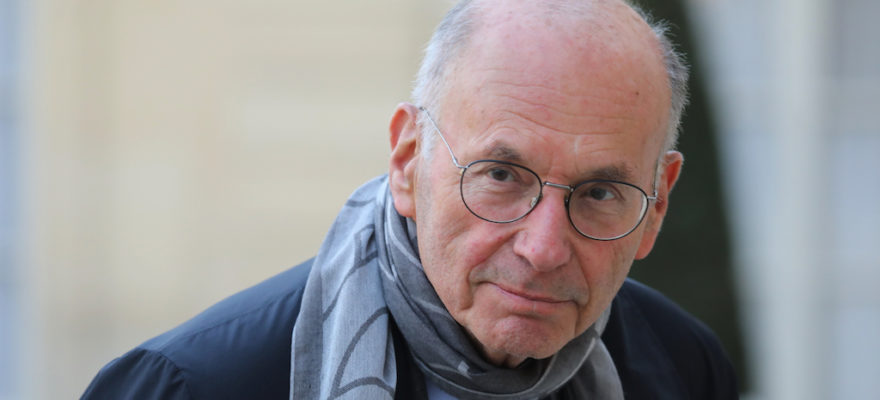
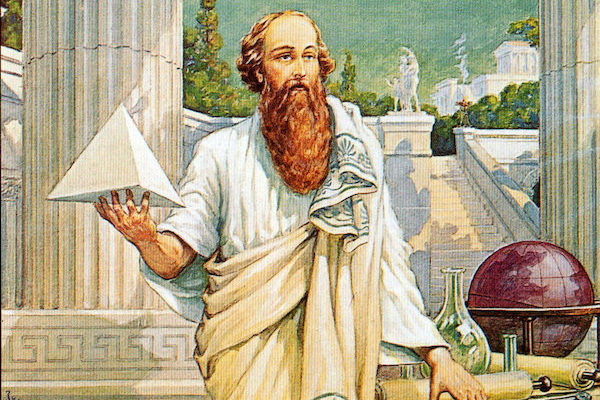

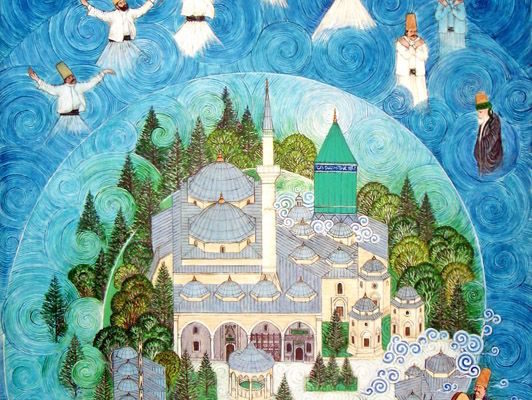
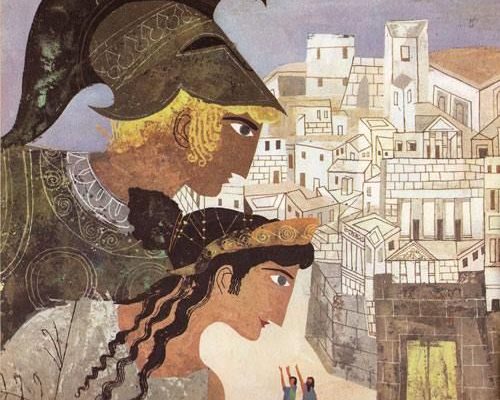

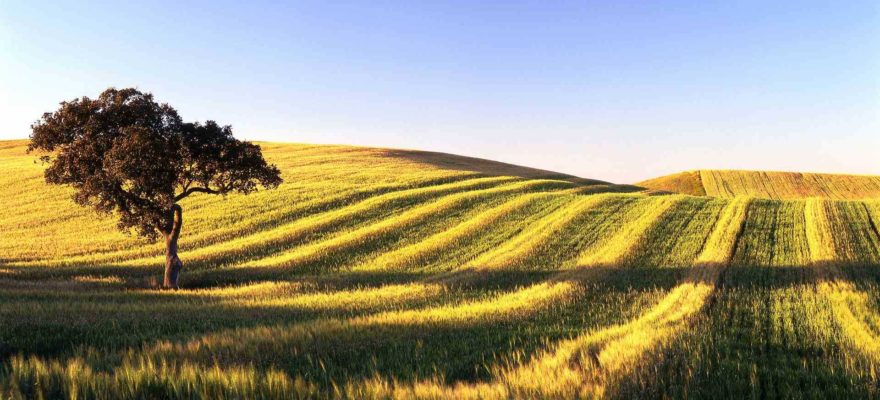
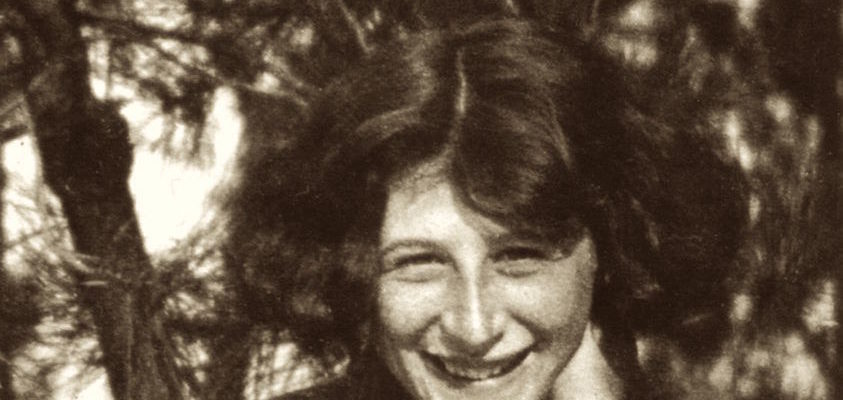
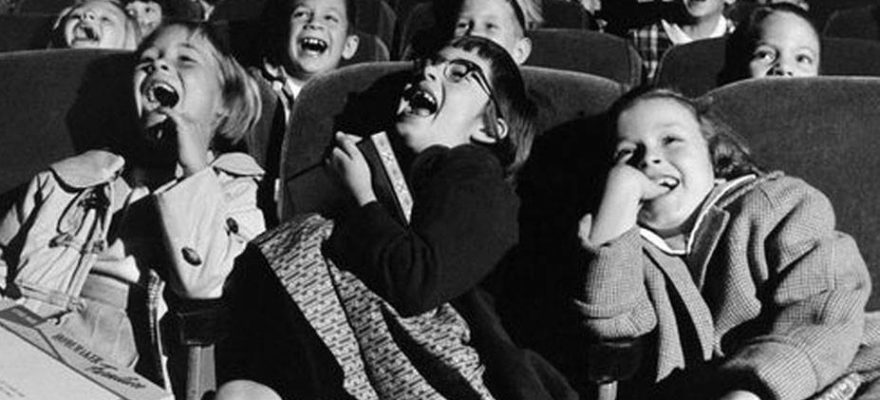
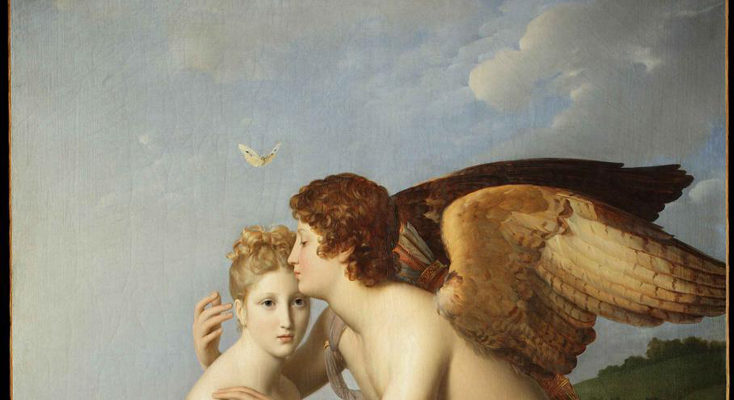





Social Profiles